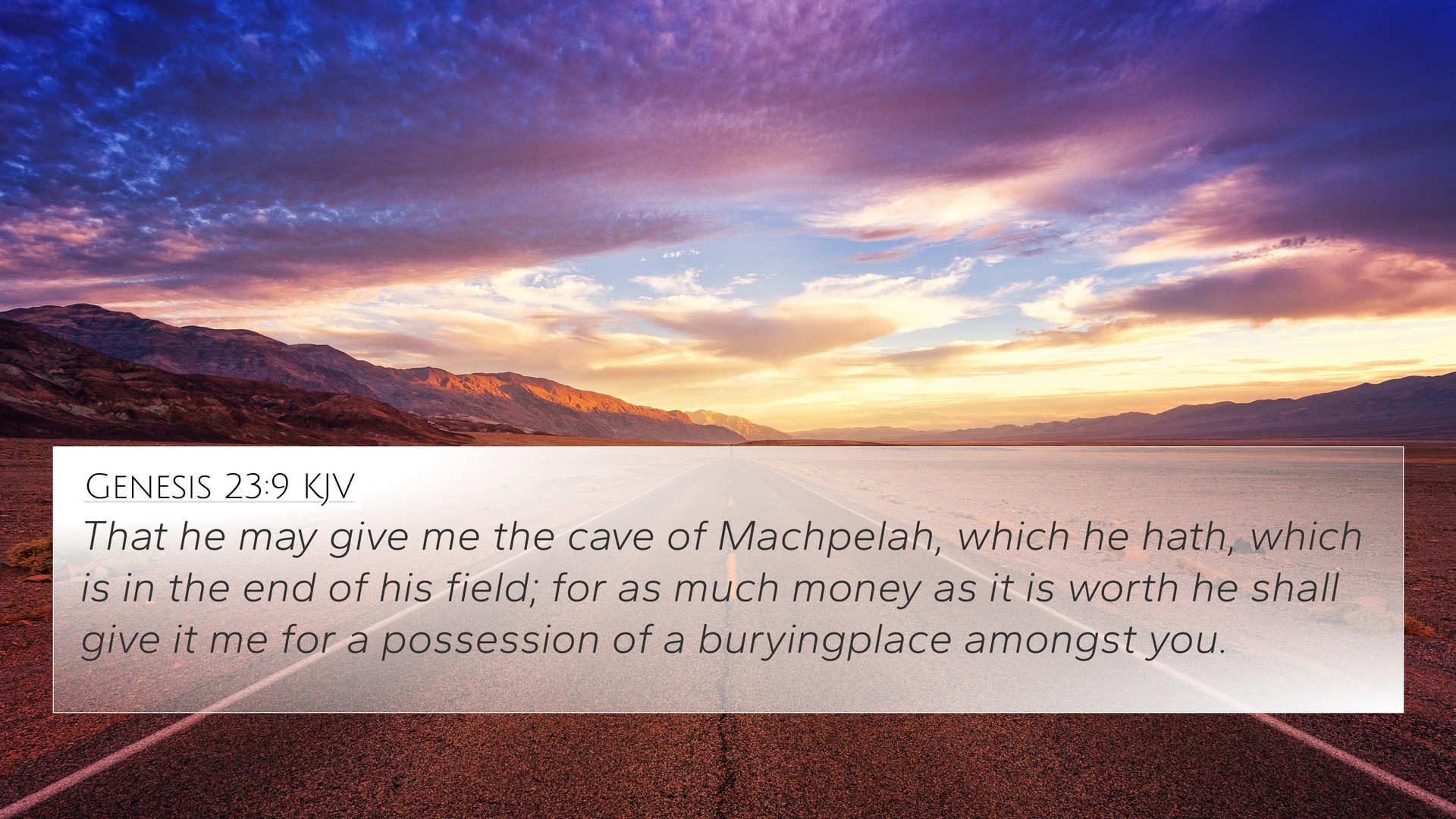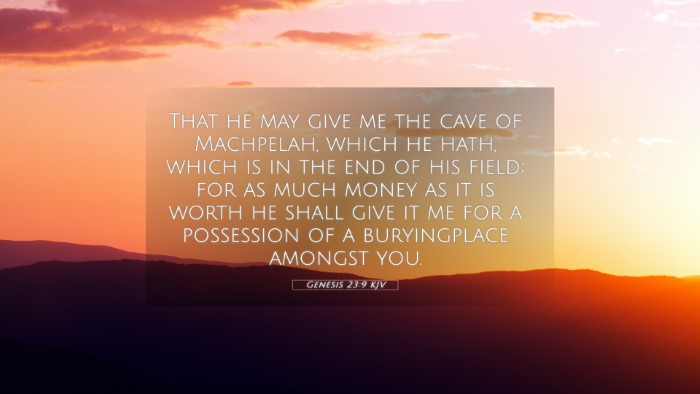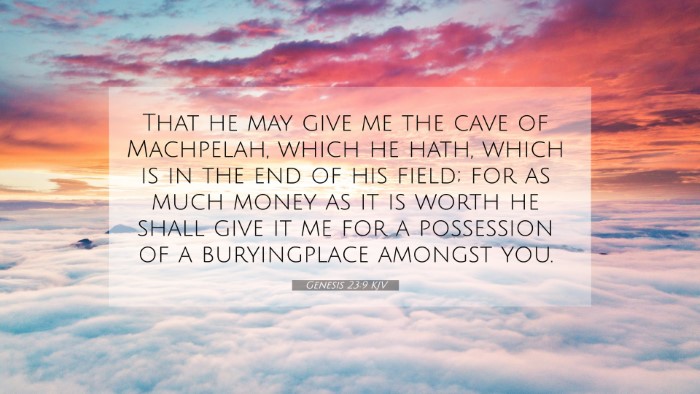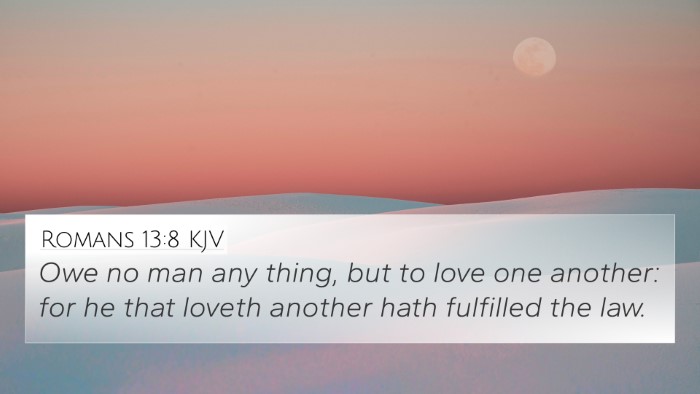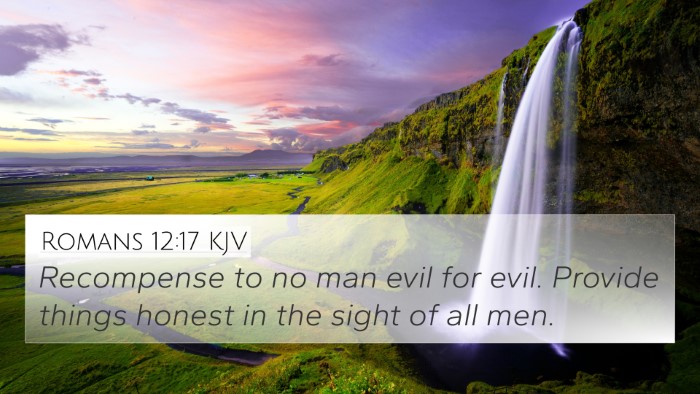Meaning and Interpretation of Genesis 23:9
Genesis 23:9 states: "That he may give me the cave of Machpelah, which he hath, which is in the end of his field; for as much money as it is worth he shall give it me for a possession of a buryingplace amongst you." This verse contains pivotal themes regarding land acquisition, burial customs in ancient Israel, and the integrity of covenant relationships.
This verse takes place in the context of Abraham negotiating for a burial site for Sarah, his wife, emphasizing not only his grief but also his desire to secure a permanent place for his family amidst the Canaanites. The significance of Machpelah evolves as it becomes a vital ancestral burial ground, linking not only to Abraham but also to Isaac, Jacob, and their respective families.
Thematic Analysis
- Significance of Land: Abraham's request highlights the importance of land in biblical narratives, representing not just physical territory, but also divine promise and inheritance.
- Burial Practices: This verse reflects the Jewish customs surrounding death and burial, an act of reverence and a demonstration of faith in the resurrection.
- Covenant Integrity: The negotiation for the cave exemplifies Abraham's respectful dealings with the Hittites, embodying the principles of honesty and transparency cherished in the covenant community.
Commentaries Insights
Matthew Henry comments on this passage emphasizing Abraham's faith and his understanding of the land as a sacred gift from God. Henry notes how Abraham, though a sojourner in Canaan, demonstrated respect towards the land and its current inhabitants.
Albert Barnes provides insight into the cultural aspects of land ownership in ancient times, highlighting Abraham's approach to securing a burial place in a land that would one day belong to his descendants, reinforcing God's promise to him.
Adam Clarke discusses the implications of this transaction, suggesting it wasn’t merely a burial site but a foundational act in establishing a Jewish presence in Canaan, crucial for the identity of the Israelite nation that would come from Abraham's lineage.
Cross-References to Genesis 23:9
Several biblical texts link to this verse, providing broader understanding through cross-referencing:
- Genesis 17:8: God’s promise of land to Abraham and his descendants.
- Genesis 25:9-10: The burial of Abraham, affirming the significance of the cave of Machpelah.
- Hebrews 11:9: References Abraham’s faith in dwelling in the promised land.
- Jeremiah 32:7-9: Shows the legitimacy of purchasing land as a means of securing inheritance.
- Genesis 48:22: Jacob's bequest of land to Joseph, linking back to the cave of Machpelah.
- Genesis 12:1-3: God's initial covenant to Abraham regarding land and progeny.
- Acts 7:15-16: Stephen's account of the patriarchs and their burial sites is relevant for understanding their heritage.
Understanding Inter-Biblical Dialogue
The connections between passages, as demonstrated by Genesis 23:9 and its cross-references, denote a rich dialogue across Scripture, providing depth to the themes of land, covenant, and legacy.
Tools for Bible Cross-Referencing
Utilizing a bible concordance allows readers to access thematic connections within the scriptures effectively. A bible cross-reference guide serves as a valuable resource for identifying related texts, facilitating a comprehensive understanding of biblical principles.
Applying Cross-Referencing in Study
Embracing cross-referencing Bible study methods enhances sermon preparation and personal study. By engaging with the thematic connections found in different parts of the Bible, one can understand how God's promises align across both the Old and New Testament.
Overall, Genesis 23:9 stands not only as a historical event but as a meaningful reflection of faith, legacy, and the intricate covenant relationship between God and Abraham's descendants.
